Physical Sciences
Explore Physical Sciences
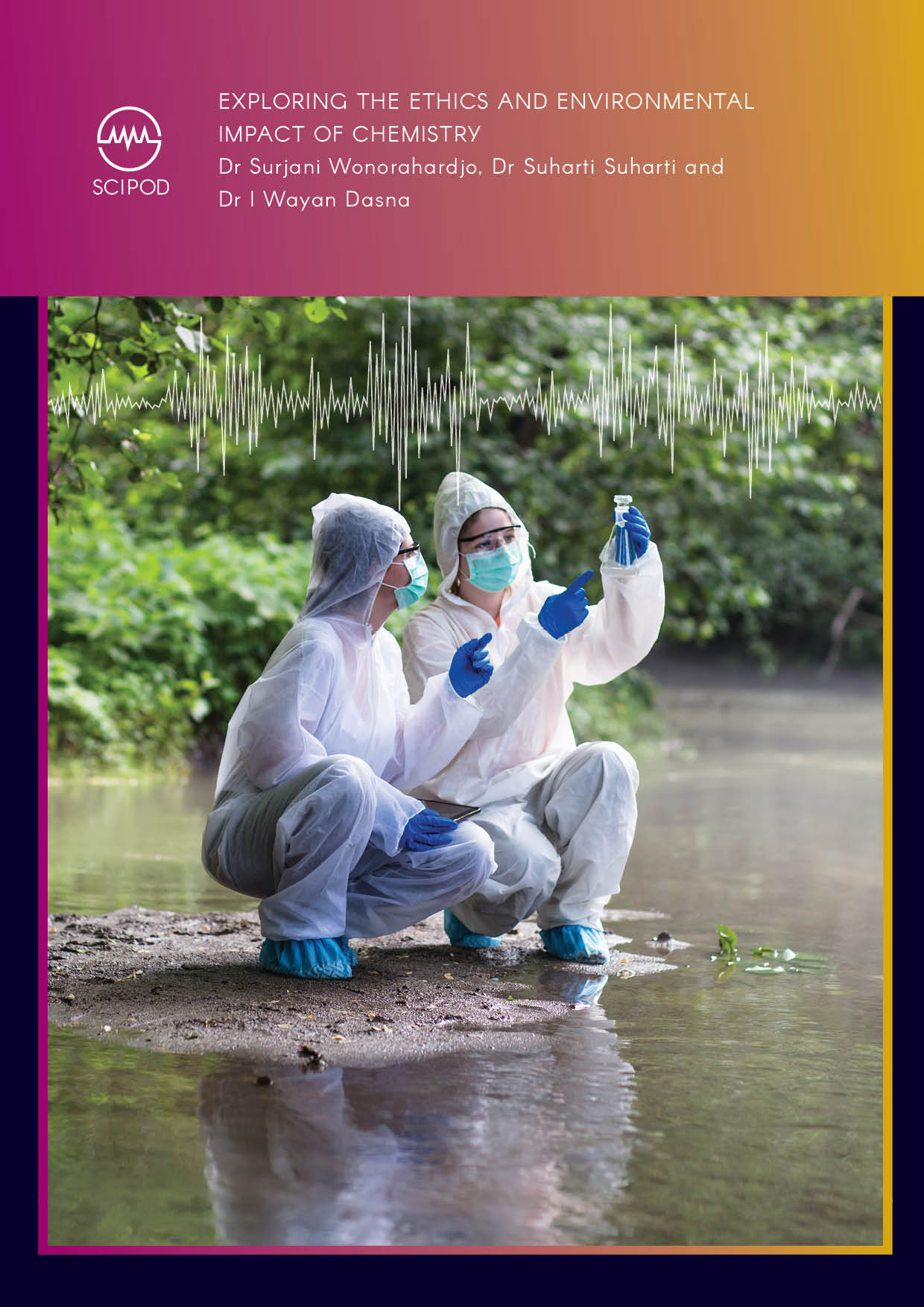
Dr Surjani Wonorahardjo – Dr Suharti Suharti – Dr I Wayan Dasna | Exploring the Ethics and Environmental Impact of Chemistry
From its early days, the field of chemistry has been exploring nature at the molecular level. As such, chemistry is also used to explore natural resources and possible ways of exploiting them. As Earth’s environment is now rapidly deteriorating, chemists need to adapt their practices with the aim of contributing to its protection. Dr Surjani Wonorahardjo, Dr Suharti Suharti and Dr I Wayan Dasna, three researchers in Indonesia, have recently conducted a study exploring the ethical and environmental issues associated with current chemistry practices, in the hope to inspire reflection and positive change in the field.
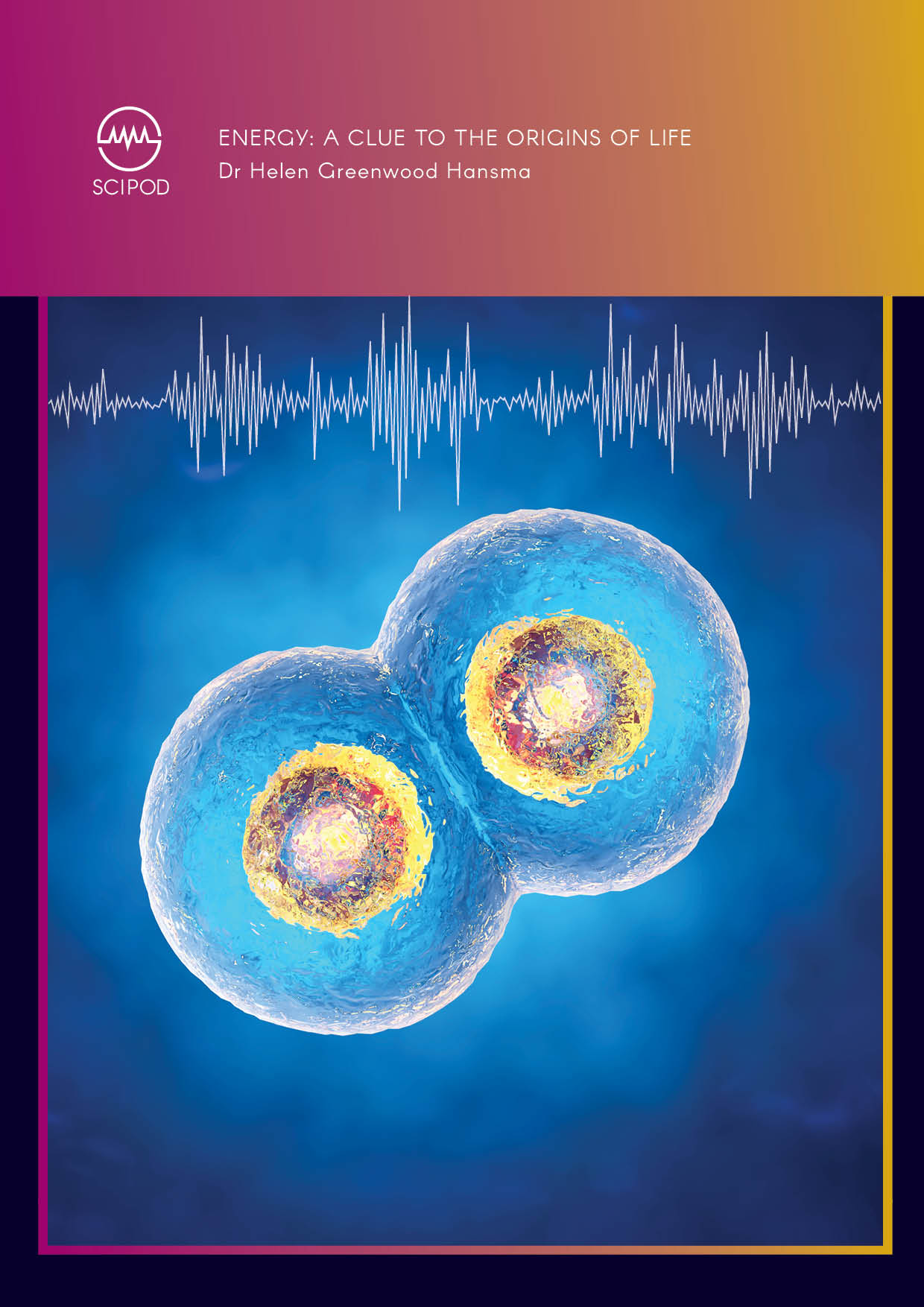
Dr Helen Greenwood Hansma | Energy: A Clue to the Origins of Life
Energy is vital for life. It allows important functions to occur in living systems, from the molecular level to the scale of the whole organism. Dr Helen Greenwood Hansma, from the University of California in Santa Barbara, believes that the types of energy used in living cells can provide clues to help us understand the origins of life. In her recent research, she explores how mechanical energy could have driven the processes that gave rise to early life in the absence of chemical energy.
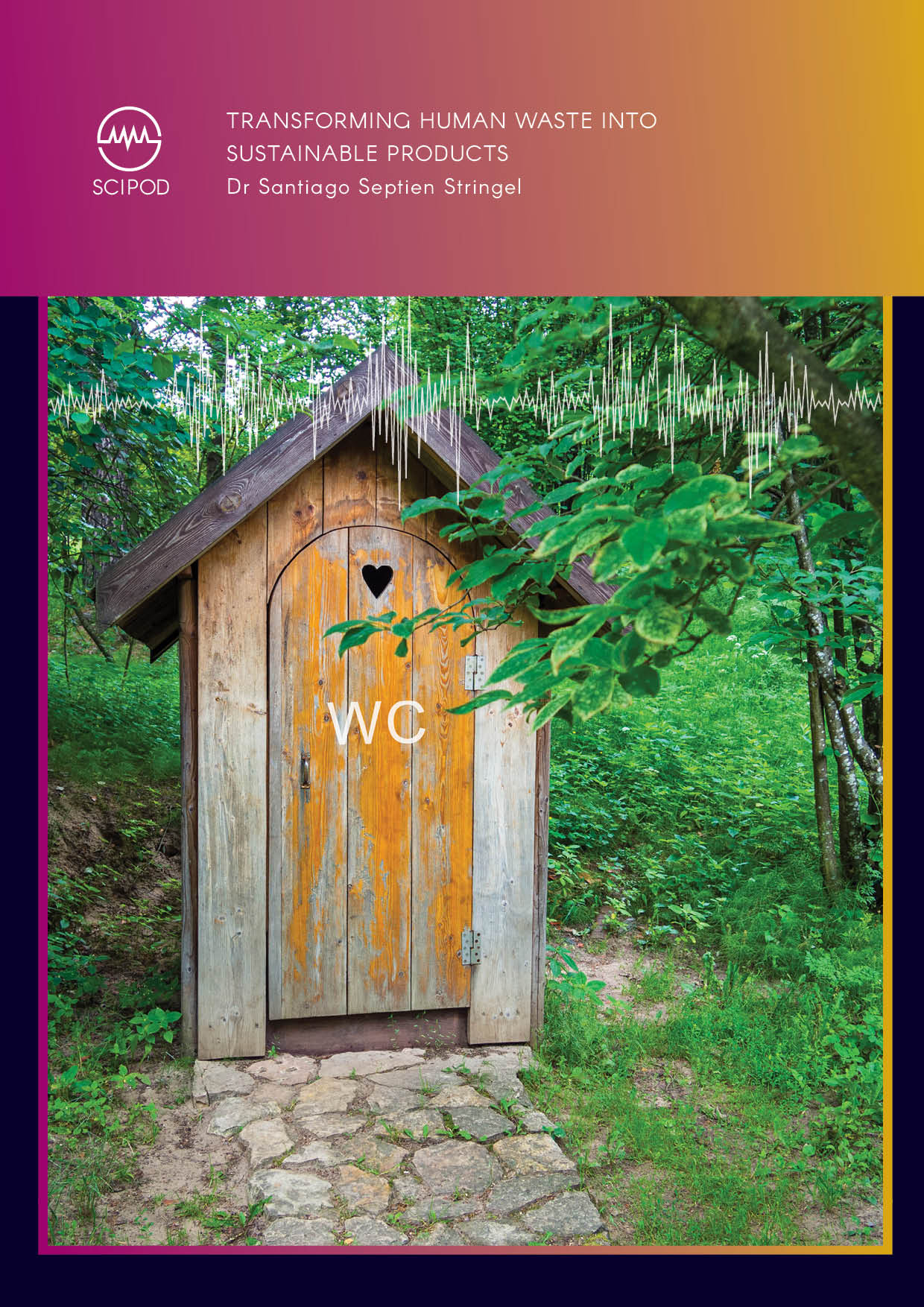
Dr Santiago Septien Stringel | Transforming Human Waste into Sustainable Products
Faecal sludge, a material derived from human waste, can be difficult to dispose of and causes significant disease and pollution worldwide. However, it also shows potential as a fuel, fertiliser and even a building material, if properly treated. Dr Santiago [san-tee-ah-go] Septien [sep-tee-uhn] Stringel and his team at the WASH R&D [wash R and D] Centre of the University of KwaZulu-Natal [kwah-zoo-loo-nay-taal], in Durban, South Africa, have been investigating the process for drying faecal sludge, towards developing new ways of transforming it into sustainable products.
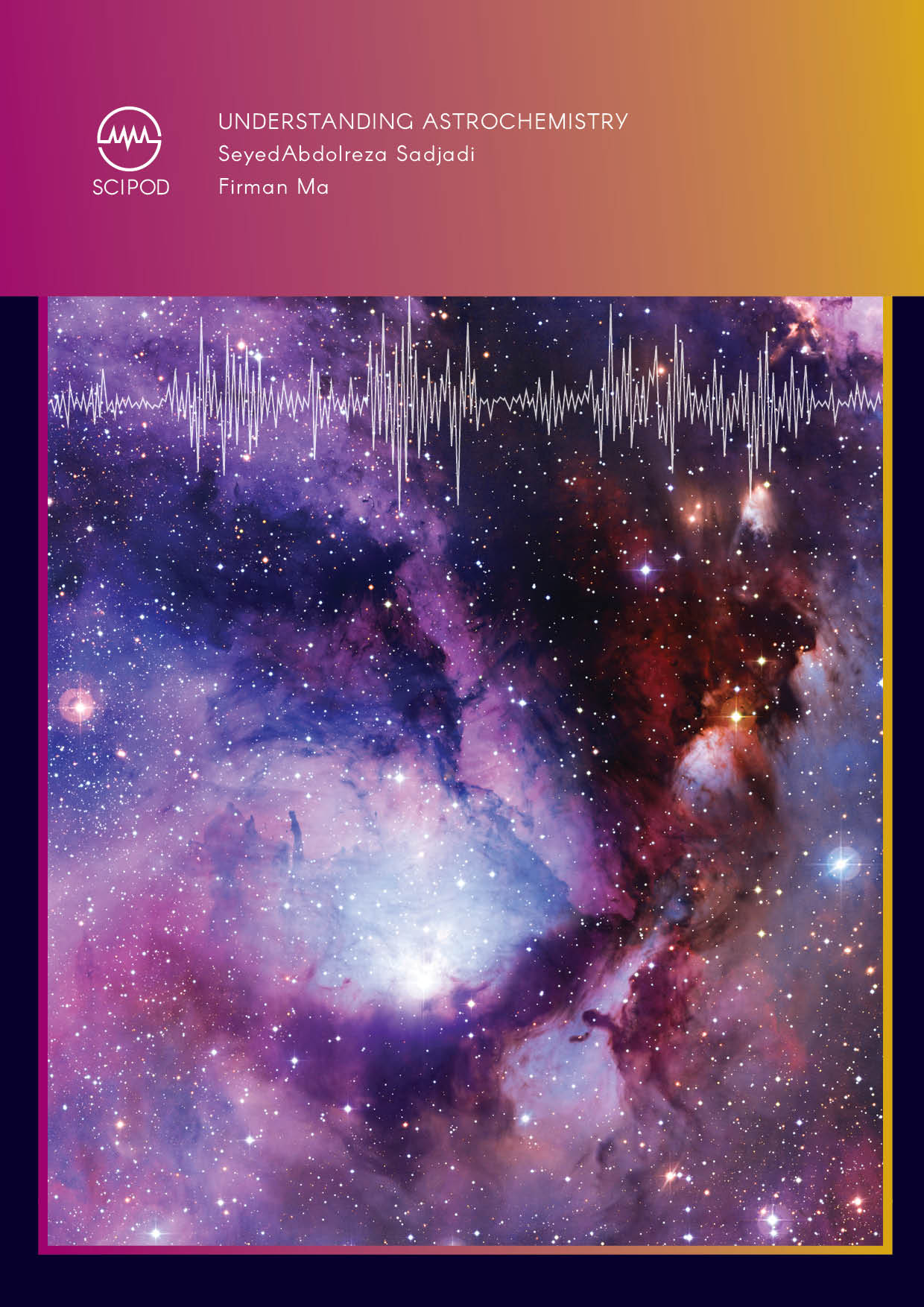
Understanding Astrochemistry
Over the past few decades, astronomers have learnt more and more about the planets, moons, and asteroids of our Solar System – but we still have much to learn about the materials they are made from. For hundreds of years, we have used chemistry to study such materials on Earth, but there is no guarantee that they will behave in the same way in space – where they can exist in environments ranging from harsh, airless vacuums, to strange and exotic atmospheres.

Optimising Lubricant Oils to Boost Engine Efficiency | Ken Hope
The engine of a typical passenger vehicle is made up of hundreds of mechanical parts. These parts require lubrication to prevent them from overheating and to keep them working efficiently. Ken Hope and his team at Chevron Phillips Chemical, headquartered in Texas, have analysed the extent to which different types of lubricant oils reduce friction. They then used this data to estimate how an optimised oil mixture can achieve an overall improvement in engine efficiency.
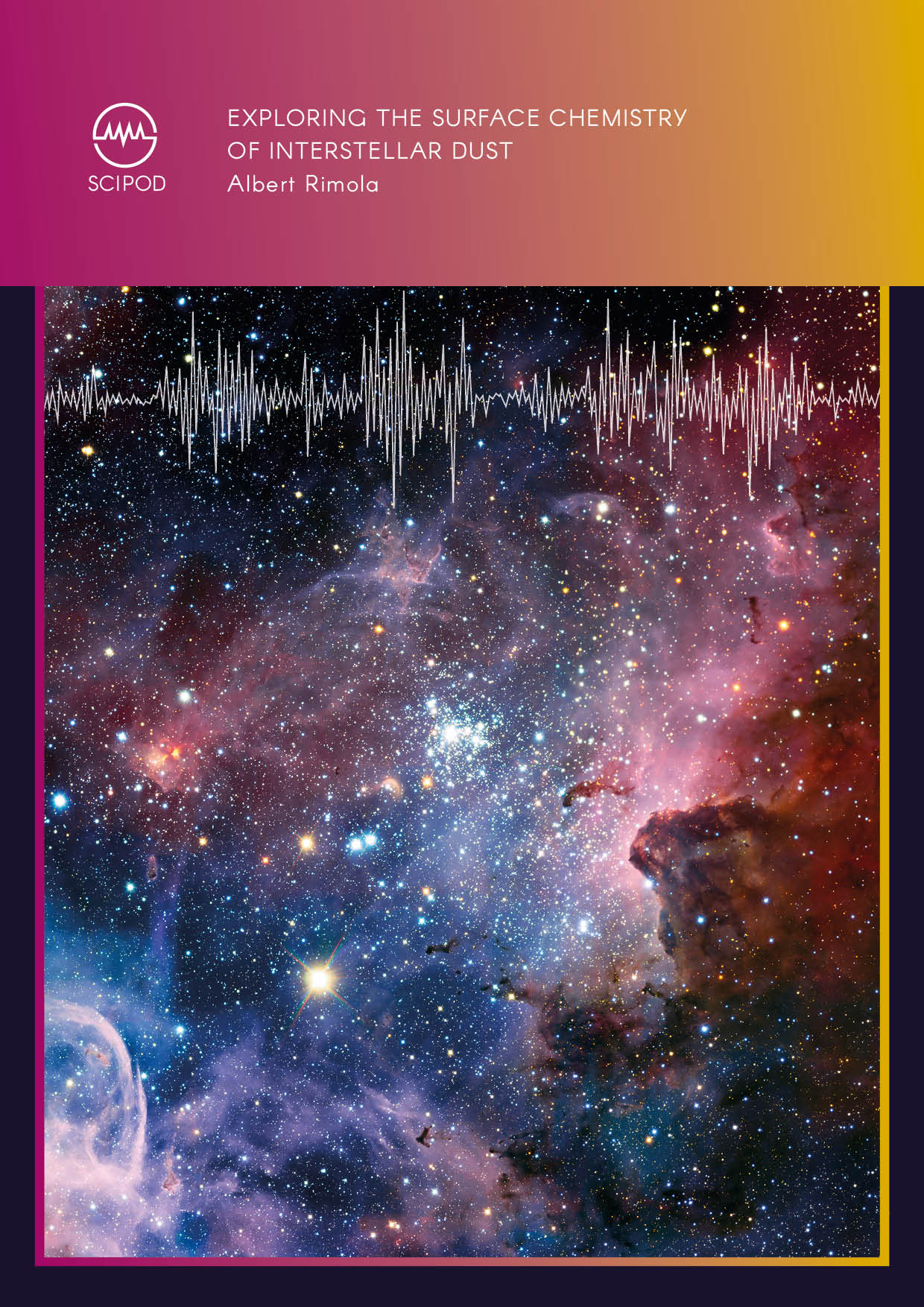
Exploring the Surface Chemistry of Interstellar Dust
Interstellar space may seem like the last place you would look when searching for the chemical origins of life. Yet on the surfaces of tiny dust grains within this vast expanse, complex chemical reactions are continually occurring, which likely played a key role in establishing the rich diversity of complex molecules we observe in the solar system today. In a new study, astrochemists in Spain and Italy, led by Albert Rimola at the Autonomous University of Barcelona, examine how advanced simulation techniques can be used to study these important processes on atomic scales.

Reinventing the Capacitor: The Topological Route of Electricity – Professor Valerii Vinokur | Professor Anna Razumnaya | Professor Igor Lukyanchuk
Modern microelectronics is currently facing a profound challenge. The demand for even smaller and more closely packed electronics has hit a stumbling block: the power emitted in these devices releases more heat than can be efficiently removed. Now, Professors Valerii Vinokur, Anna Razumnaya, and Igor Lukyanchuk propose a solution based on the seemingly counterintuitive phenomenon of ‘negative capacitance’. The effect is surprisingly linked to an intriguing topological structure, which is found time and again across a broad range of scientific fields.
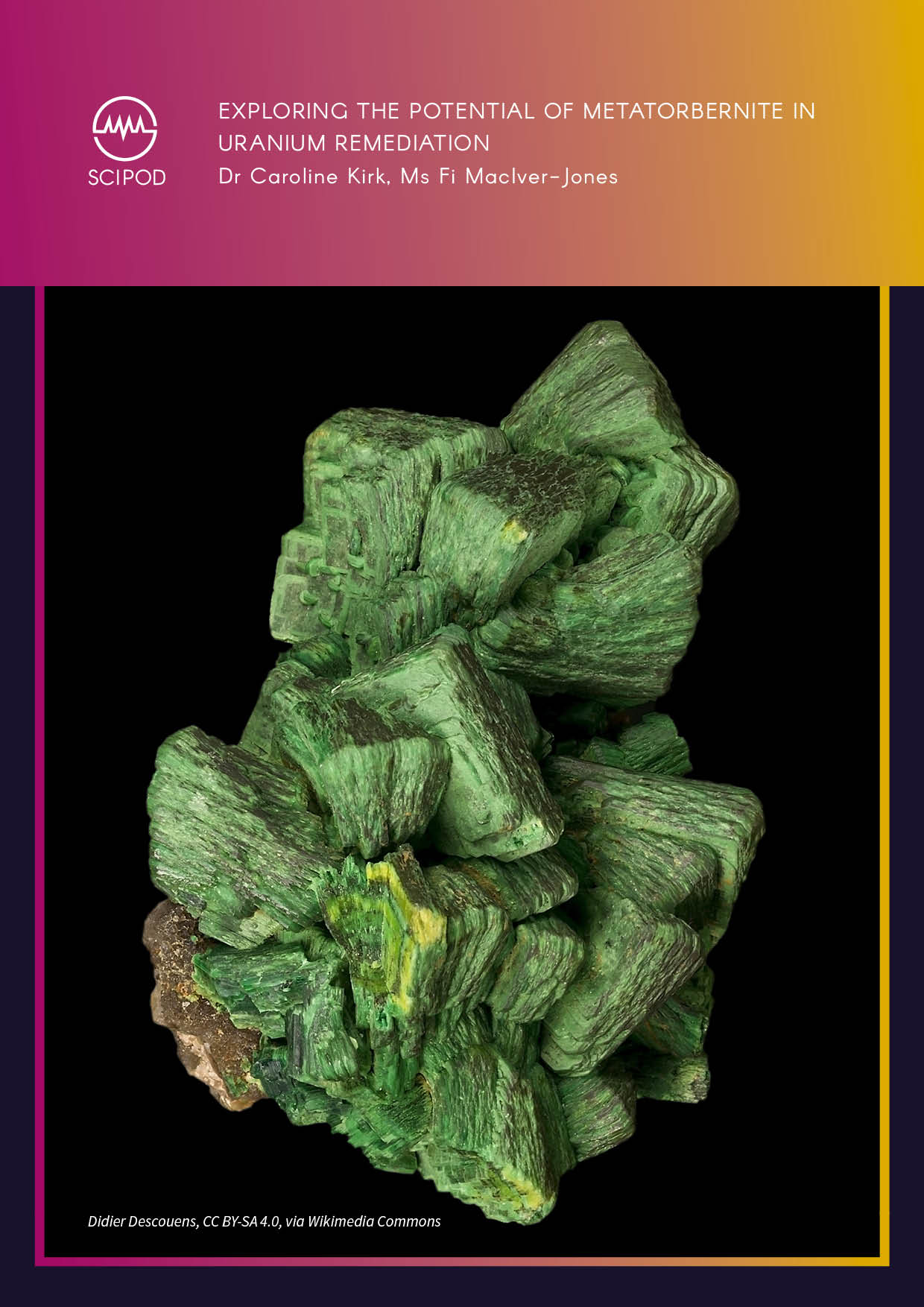
Exploring the Potential of Metatorbernite in Uranium Remediation | Dr Caroline Kirk
Although nuclear power is a clean alternative to fossil fuel combustion, this industry often causes uranium pollution in the local environment. The generation of metatorbernite, a solid material containing uranium, is one promising way to remove dissolved uranium atoms from industrial wastewater. However, before this remediation technology can be widely applied, we need a deeper understanding of the properties of metatorbernite, such as its long-term stability, to ensure that uranium will not be re-released from its structure. Dr Caroline Kirk, Ms Fi MacIver-Jones and their colleagues at the University of Edinburgh have been working to establish the structure and stability of this material, so that it can be applied for uranium remediation in the near future.

Investigating Fructans to Understand How Plants Can Survive Harsh Environments | Dr José Ordaz-Ortiz
The molecules within plant tissues can tell us about how they can withstand harsh environmental conditions. The Agave tequilana plant, native to Mexico, has a high concentration of fructan molecules throughout its tissues. Alongside his colleagues, Dr José Ordaz-Ortiz at the Center for Research and Advanced Studies of the National Polytechnic Institute in Mexico, combines several powerful analytical techniques to better understand the role that these fructans play in plant biology.

Revealing How Table Tennis Could Be Transformed into a Popular Spectator Sport | Professor Ralf Schneider
Rapid-fire rallies of short, fast shots are a defining feature of professional table tennis – but for many audiences, the excitement of these matches isn’t easily conveyed on the TV screen. Using a combination of computer simulations and statistical analysis, Professor Ralf Schneider and his colleagues at the Institute of Physics of the University of Greifswald, Germany, explore how slight changes to the game’s equipment could slow matches down, and make them more interesting to viewers. Karl Lüskow, Marc Marschall and Stefan Kemnitz produced and optimised the simulation code, while Lars Lewerentz performed statistical analysis of the data.

Exploring the Surface Chemistry of Interstellar Dust | Albert Rimola
Interstellar space may seem like the last place you would look when searching for the chemical origins of life. Yet on the surfaces of tiny dust grains within this vast expanse, complex chemical reactions are continually occurring, which likely played a key role in establishing the rich diversity of complex molecules we observe in the solar system today. In a new study, astrochemists in Spain and Italy, led by Albert Rimola at the Autonomous University of Barcelona, examine how advanced simulation techniques can be used to study these important processes on atomic scales.

Advancing Quantum Computing to Accelerate Scientific Research
About this episodeOver the past few years, the capabilities of quantum computers have reached the stage where they can be used to pursue research with widespread...
Increase The Impact Of Your Research!
Explore partnership opportunities
Unwind without the hassle. Enjoy fresh audiobooks, delivered free!
